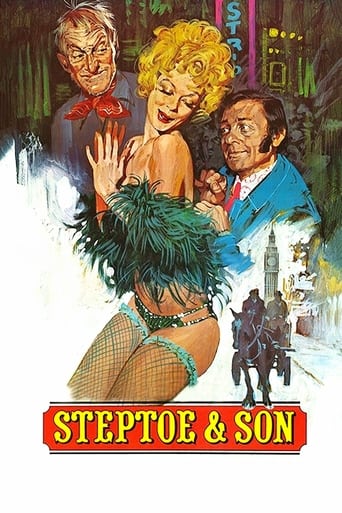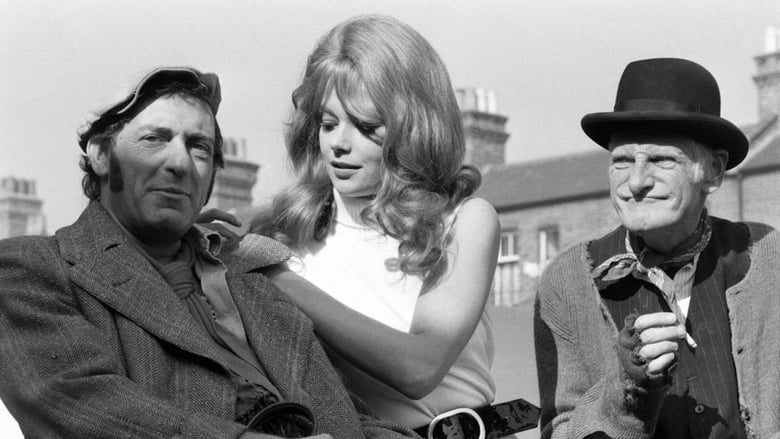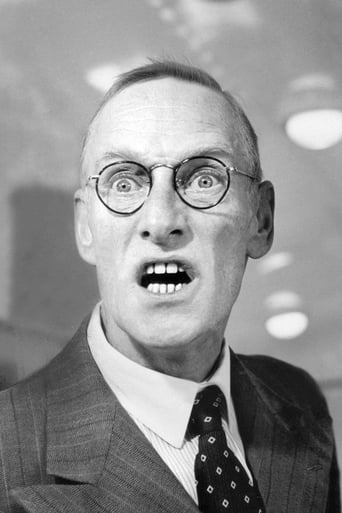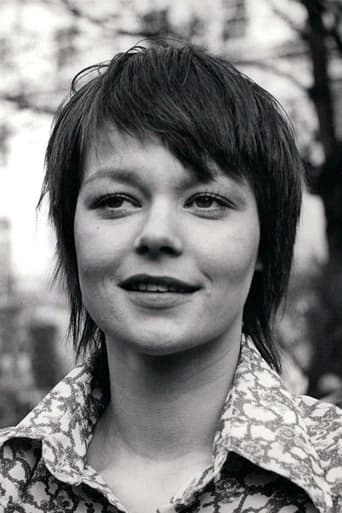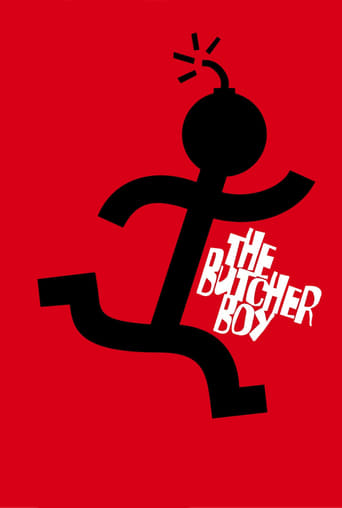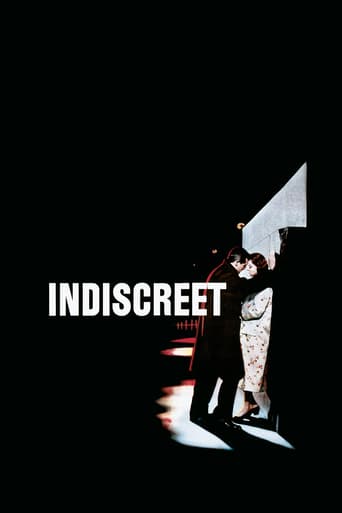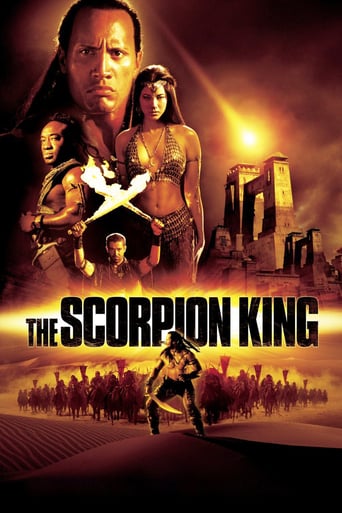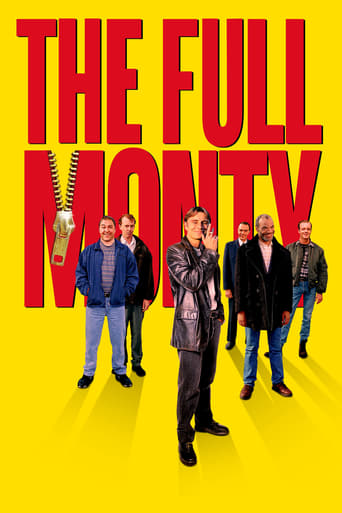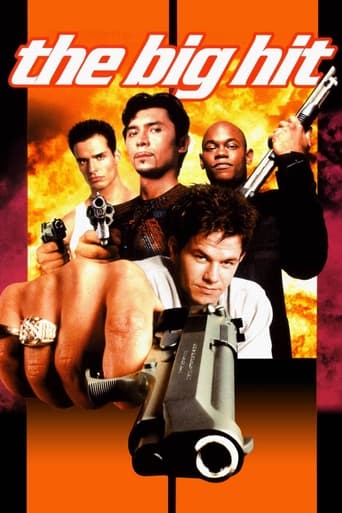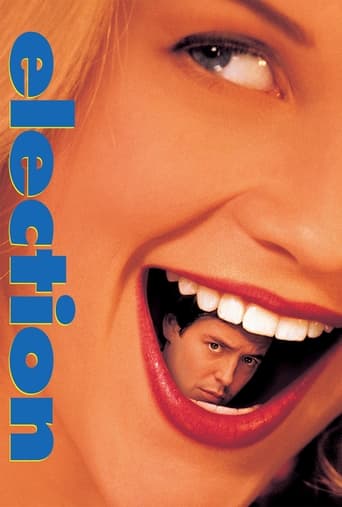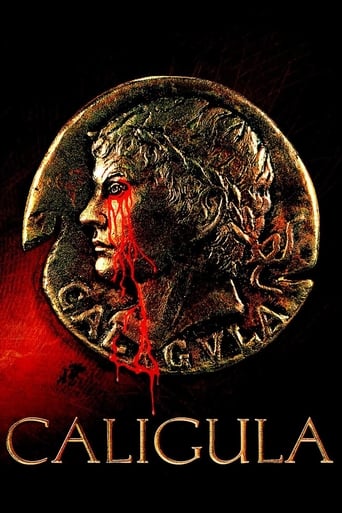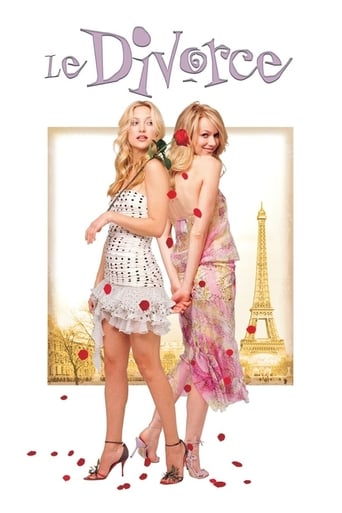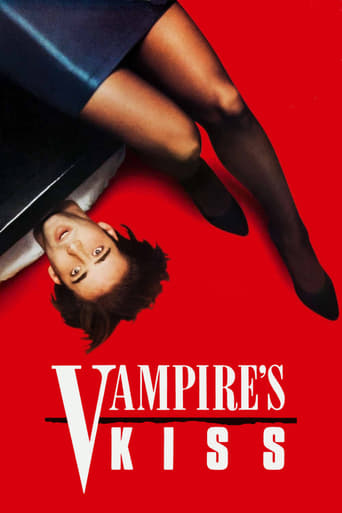Steptoe & Son (1972)
Albert Steptoe and his son Harold are rag-and-bone men, complete with horse and cart to tour the neighbourhood. They also live together at the junk yard. Harold, who likes the bright lights in the West End of London, meets a stripper, marries her and takes her home. Albert is furious and tries every trick he knows to drive the new bride from his household.
Watch Trailer
Free Trial Channels
Cast


Similar titles
Reviews
What a waste of my time!!!
An Exercise In Nonsense
It's a good bad... and worth a popcorn matinée. While it's easy to lament what could have been...
Yes, absolutely, there is fun to be had, as well as many, many things to go boom, all amid an atmospheric urban jungle.
The seventies marked the beginning of a long, slow decline for the British film industry, a sorry state of affairs that continues to this day. The once-proud Hammer studios, which had once flooded both the domestic and overseas markets with a steady supply of richly atmospheric horror films, had unwisely branched out into cheapskate big-screen spin-offs of previously popular sitcoms. The mighty Rank studios merged with Xerox, a company better known for making photocopiers, and the legendary EMI shortly followed suit, merging with Thorn, a company that manufactured light bulbs and fire extinguishers. Curiously enough, this sudden and irreversible decline in the fortunes of the heavy hitters paved the way for a short-lived golden age of British exploitation cinema, with the likes of Pete Walker and Norman J. Warren pushing the envelope in terms of gory violence and soft core sex as far as they dare under the baleful gaze of the censor, and fly- by-night operators churning out endless variations on the tried-and- tested Carry On formula with the added attractions of simulated sex, full-frontal nudity and scores of familiar faces from the television looking mightily embarrassed in cameo roles. Which brings us to the first of two big-screen outings for England's favourite rag and bone men, the inimitable Albert Steptoe and his long- suffering son Harold. Steptoe and Son first made their mark at the BBC back in 1962 in a one-off Comedy Playhouse instalment called the Offer; the episode made such an impact that the BBC commissioned a full series shortly thereafter. Between 1962 and 1965, there were four series of Steptoe and Son before the series' creators, Ray Galton and Alan Simpson, decided they'd exhausted its possibilities and moved on to pastures new. However, the characters of Harold and Albert were too good to be left to the tender mercies of the public's brief attention span, so a further four series were commissioned between 1970 and 1974, this time in glorious colour (though, true to form, only about half of the colour episodes actually exist in this format; the rest were wiped and the only copies left in the BBC archives are off-air black and white video recordings). The first Steptoe and Son film premiered in the same year as the seventh television series, regarded by many fans as the high watermark of the entire run, thanks to memorable episodes like 'Men of Letters', 'Divided we Stand', 'Oh What a Beautiful Mourning' and 'the Desperate Hours', so expectations for the feature were understandably high.Unfortunately, what cinema audiences got was a crude, half-hearted piece of work, long on bathos but painfully short on comedy, with a more-than-usually neutered and psychologically crippled Harold, a far less sympathetic Albert and a non-starter of a central plot in which Harold marries a stripper named Zita. As you might expect, the first half-hour or so of the film doesn't stray too far from the series' origins, and it also contains many of the film's stingy quota of highlights - most notoriously, Albert taking a bath in the kitchen sink. The scenes in the football team's social club offer a convincingly seedy glimpse of a long vanished world, and the scene where Harold and Zita meet for the first time is nicely played and actually rather touching. After this, though, repetition and coarseness begin to set in, and the screenplay contains more padding than a cheap settee - the endlessly delayed wedding and the doomed honeymoon in Spain (something of a missed opportunity, since effectively all that happens is that Albert succumbs to food poisoning, ruins his son's wedding and has to be returned home - whereupon he naturally makes a speedy recovery) find the supply of laughs slowly drying up, and by the time the film reaches the halfway mark all but the staunchest Steptoe fans will be feeling bewildered and cheated by the sudden gearshift into unsubtle maudlin sentimentality from which the film never really recovers. Some scenes feel more like a precursor to the reliably depressing EastEnders than a lighthearted (if gritty) situation comedy.Technically, the film is pretty shoddy also, with poorly recorded sound, some shocking dubbing - particularly during Mike Reid's stand-up routine, where the audience laughter seems to be coming from a different room entirely - and some very iffy continuity to contend with. Cliff Owen's direction is functional at best, though as other critics have noted, the scene in which Harold is beaten up in a rugby club has a horribly botched, half-finished feel to it, hardly helped by the sad fact that such an incident was horribly misjudged in the first place - genuine violence or malice seldom made it into the Steptoe world on television. Luckily, Galton and Simpson were offered a second chance at transferring their iconic characters to the cinema with 1973's Steptoe and Son Ride Again, a far superior film which manages to keep the laughs coming throughout and feels more faithful to the series as a result.
Steptoe and Son was massively popular in the UK, and sure enough in keeping with a trend that continued throughout the 1970s, it was a show that was guaranteed to have a movie spin off. In fact it got two! Such was its popularity.This first feature length film has the basic traits of the show, the tragi-comedy aspects of a son (Harry H. Corbett) forever destined to be held back by his lecherous and unclean father (Wilfrid Brambell) are fully born out. All set to the very basic working class backdrop of a Rag & Bone family business.Enter a stripper, excuse me, exotic dancer (Carolyn Seymour), who bizarrely marries Corbett and cues up a number of scenes where old man Steptoe single handedly manages to destroy the marriage on the honeymoon.It's not the coarseness of the screenplay that hurts the movie, or some of the dialogue that has the PC brigade spitting feathers, it's that in spite of sound performances and some well written sequences (Galton & Simpson), it's just too bleak for its own good!The gags quickly dry up entering the second half of the picture, which leaves us with only our good will to stay with characters that we have a mild interest in anyway. For hard core fans of the show, it's easy to go with the flow, but there's nothing here to remotely entice the outsider to venture further into the hygienically challenge world of Steptoe & Son. 6/10
User 'Cosmo-Bongo' and his wife must have led very sheltered lives if they found this film 'horribly upsetting'. For millions of British working class people at that time, this was their way of life; cobblestones, tin baths, outside toilets, and all. If I were you, sir, I'd stay well clear of 'A Clockwork Orange'. It'll most likely give you a stroke! The boom in films-based-on-British-sitcoms started in 1969 with 'Till Death Us Do Part and ended in 1980 with 'George & Mildred'. In between there was 'Dad's Army', 'On The Buses' ( three films in fact ), 'Man About The House', 'Please Sir!', and 'For The Love Of Ada' to name but a few. 'Steptoe & Son', while not a patch on the television series, is nevertheless an above average movie. Harold and Albert go to a stag night at the local rugby club, where the former is smitten by the vivacious stripper Zita ( Carolyn Seymour ). So smitten, in fact, that he proposes to and marries her. Of course the 'dirty old man' does not like this one little bit. When the couple go to Spain on honeymoon, he goes along with them, but gets food poisoning, and demands to go home. Harold is forced to leave his bride behind, where she is easy prey for the randy hotel manager...Being a film this is of course ruder than the series. Harold uses bad language, there's nudity ( even Albert gets to display his bare bottom ), and lots of frank talk about sex. The conflict between the Steptoes escalates into full-scale war. Carolyn Seymour is terrific. No wonder she was later asked to strip in workingmen's clubs for real! Also in the cast are Mike Reid ( who went on to become a star through 'The Comedians' television series ) and Perry St.Clare ( an alias for female impersonator Patrick Fyffe, later to become 'Dame Hilda Bracket' ). The film is a bit like 'The Bargee' ( also by Galton & Simpson, and starring Corbett ) in that it too moves from comedy to tragedy and back again. Corbett and Brambell are on sparkling form, particularly when they debate the future of the strange baby they've found in their stable. Only the scene near the end where Harold is beaten up by drunken Old Wendovians doesn't work. Favourite bit? The old man bathing in the kitchen sink. You don't want to know where he puts the dish brush. Standing up, he accidentally exposes himself to a neighbour ( Patsy Smart ).The film did well enough for a superior sequel two years later, entitled 'Steptoe & Son Ride Again'.
Truly a disgusting, vile film, with only a small amount of real humour.The character of the father in particular is vulgar in the extreme (intentionally so, obviously), and portrayed in the most pathetic, seedy manner.My wife and I found this film horribly upsetting, with absolutely no redeeming features at all. Frankly, I wish I had never seen it.I consider this British effort to be a sick and gross embarrassment.Those who enjoyed this film have an ability I totally lack: that of rejoicing in a display of deep depravity and squalor.The producers should be ashamed of themselves.

